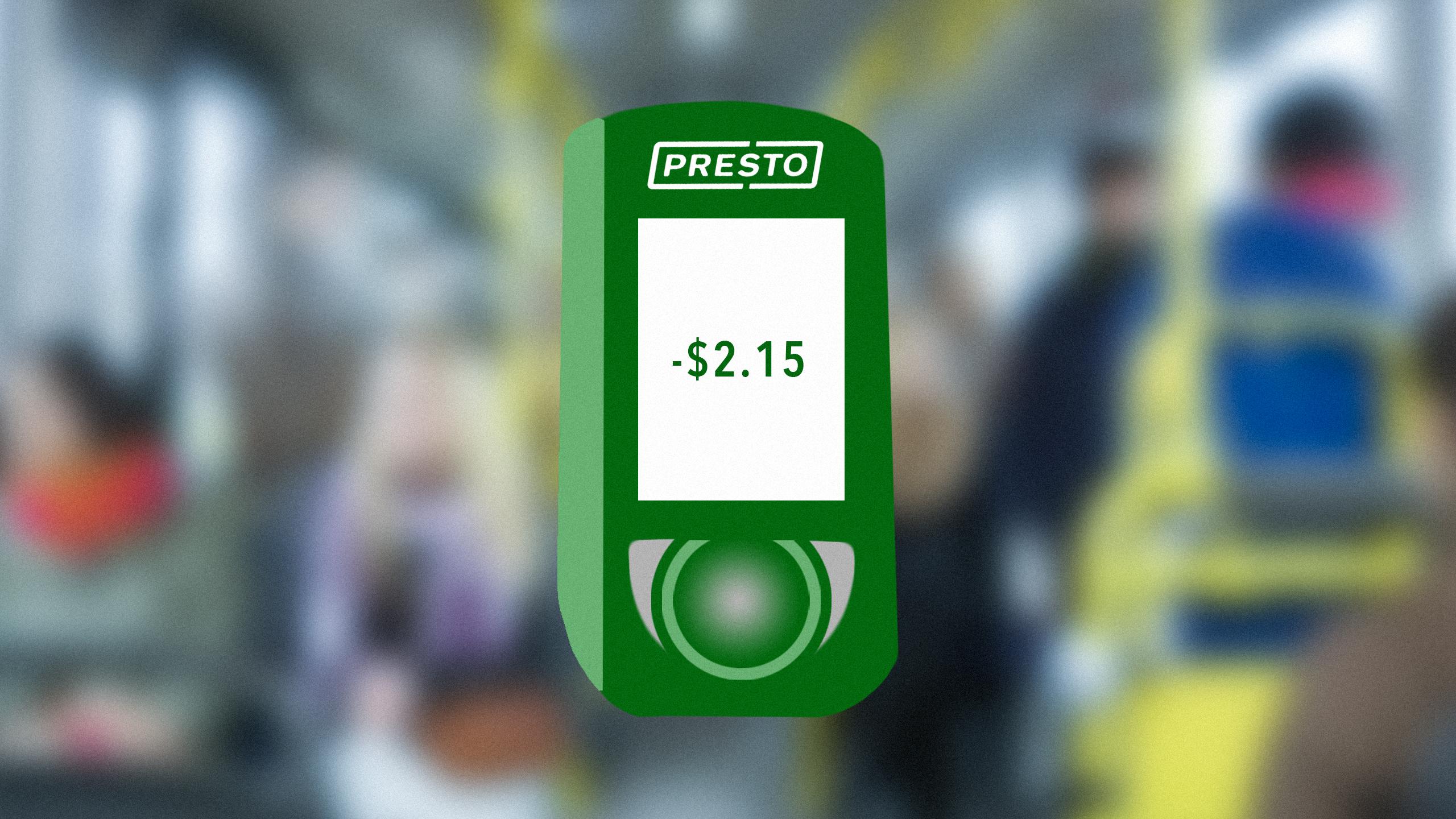By Jonathan Bradley
Post-secondary students could be getting lower fares, after Toronto City Council passed a motion at the start of the month to have the Toronto Transit Commission (TTC) board examine more affordable fare options for students.
The motion, introduced by Ward 11 University-Rosedale Councillor Mike Layton, cited the Ontario government’s implementation of the Student Choice Initiative (SCI), which cut monthly transit passes for post-secondary students without an agreement before Jan. 17, 2019.
The provincial government’s recent cuts to the Ontario Student Assistance Program (OSAP) were also cited as one of the reasons for bringing the motion to city council.
It passed in a 22-1 vote and requests that the TTC board review options for lowering post-secondary student fares.
“I introduced the motion because I have heard from students concerned about the financial hardships they are facing,” said Layton. “Every bit the city can give back to help our students we should take advantage of.”
He said that universities in Ontario have some of the highest tuition fees in the country, rent in Toronto is at a “record high”, and books can cost students an average of $1,500 a year depending on their program.
The motion was also prompted by an open letter sent by the University of Toronto Students’ Union (UTSU) to Toronto City Council.
Lucas Granger, UTSU vice-president external affairs, wrote the letter because he said that Toronto City Council needs to regroup on the issue after the SCI no longer allowed new U-Passes to implemented.
“Naturally, I was ecstatic [when this motion passed]. I had worked with Councillor Layton to help create this motion, so seeing it pass 22-1 was incredibly exciting,” said Granger. “Although passing of a report isn’t necessarily supportive of the results of the report, it still means a lot to see city council act on what I consider an urgent issue.”
Ryerson Students’ Union (RSU) vice-president education Kwaku Agyemang said the RSU signed onto the letter and has plans to lobby the TTC to have discounted student fare passes that are available for purchase on campus. The long-term goal is to implement a transit pass.
“It’s good to see that city councillors are moving in our favour [and] passing a motion that supports students,” said Agyemang.
Toronto City Council has requested the TTC board “take into account provincial changes to university and college fee systems, and report back in the 2020 budget process on revisions to the system.”
The motion was seconded Ward 13 Toronto Centre Councillor Kristyn Wong-Tam, who represents the area surrounding Ryerson. She did not respond for comment in time for publication.
Only one councillor, Stephen Holyday, voted against the motion.
“I had concerns about the practicality of the motion,” said Holyday, councillor for Ward 2 Etobicoke Centre. “I am of the view and experience that requesting staff to write reports takes time and resources from all of the other things they have to do.”
Holyday said he has concerns with singling out post-secondary students, because they already have a fare concession, . He said other people would have to subsidize a further discount for post-secondary students, such as other transit users or taxpayers.
Layton disputed this position. “While I appreciate the concerns, there is no reason we should be passing the buck on to another vulnerable service user. That is a backwards way of looking at the issue,” said Layton. “There are ways of ensuring we are improving the quality of life for all students, without making life more expensive for others.”
Zainab Shah, a third-year business management student, commutes from Mississauga, Ont. and uses MiWay and TTC to make her trips.
Shah said that despite working two jobs as a full-time student, she is still dependent on OSAP for almost all of her expenses.
“Every single cent for me counts, and it is also one of the reasons that I come to university three days instead of five,” said Shah. “To save money and time.”
The National Survey of Student Engagement 2014 said that 80 per cent of Ryerson students use public transit to travel to campus.
Murtaza Haider, a business management professor, said that the TTC has to be careful with implementing a further discount for post-secondary students.
“The cost of delivering transit is increasing over time. Mostly it’s labour, wages, pensions, and benefits, and it’s not related to fuel,” said Haider. “As wage-related costs go up, the costs of delivering transit services go up, so any shortfall that may result from a lower fare for post-secondary students will have to be matched by some other source.”
“It’s important that TTC fares are affordable for post-secondary students to increase the likelihood of an accessible education,” said Agyemang. “The whole idea of providing equitable spaces for students to at least participate in school is removing barriers. Transit and TTC fares is a big barrier [for students].”












Leave a Reply